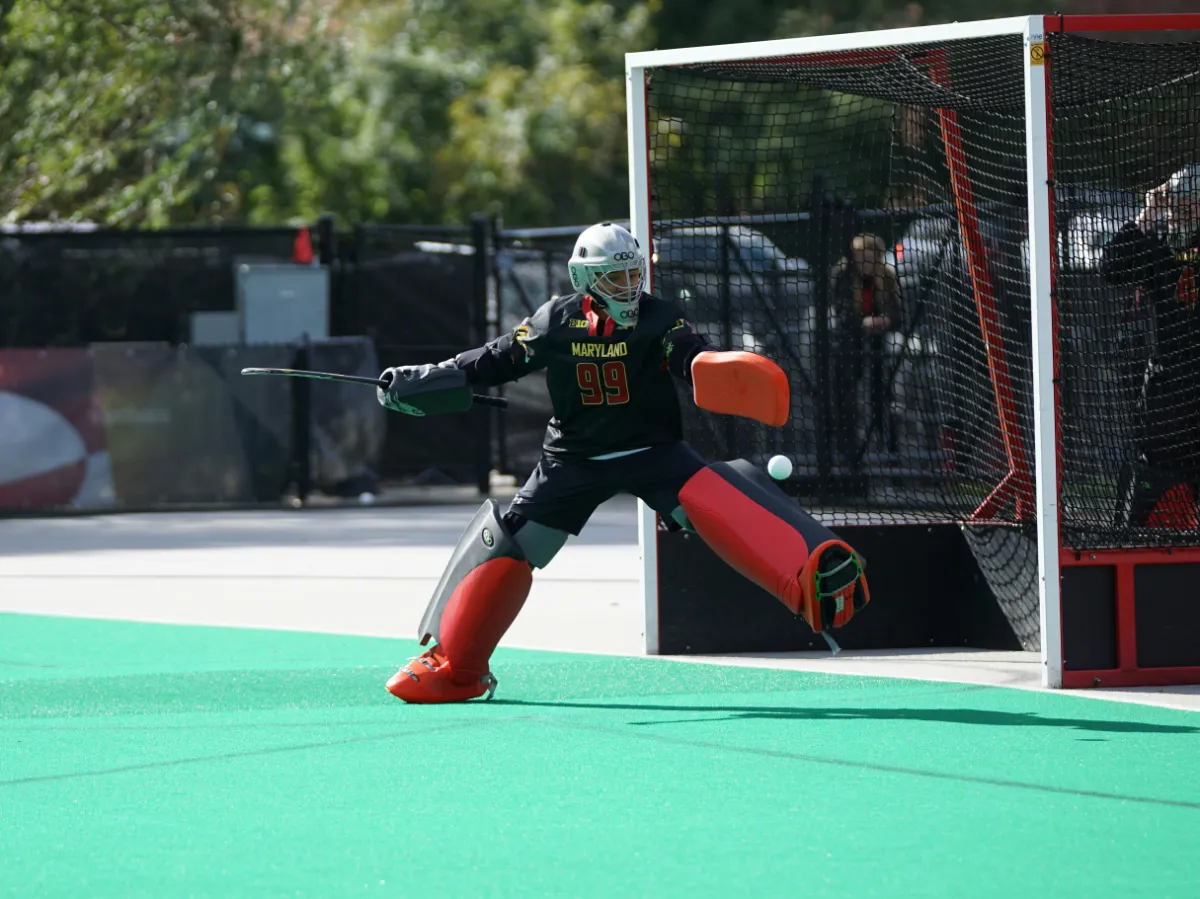Sports aren’t just about the players and coaches; they involve a critical group that often stays in the shadows yet plays a vital role in ensuring the game’s fairness and spirit – the sports officials.
Whether it’s a referee in footy, an umpire in cricket, or a judge in gymnastics, a good sports official is integral to the integrity and smooth running of any game. But what exactly makes a good sports official? Let’s have a squiz at the key qualities that define excellence in sports officiating.
1. Deep Understanding of the Game
First up, a good official must have a thorough knowledge of the game they are overseeing. This isn’t just the basic rules, but also the nuances and rare situations that might crop up. Continual learning and staying updated with any rule changes are crucial.
2. Impartiality
The cornerstone of any good official is impartiality. They must make decisions based solely on what happens in the game, without any bias towards teams, players, or countries. This objectivity is vital for maintaining the integrity of the sport.
3. Physical Fitness
Officials often need to keep up with the athletes, especially in fast-paced sports. Good physical fitness allows them to be in the right position to make accurate calls and not miss critical moments of play.
4. Decision-Making Skills
A split-second decision can change the course of a game, and hence, an official must possess excellent decision-making skills. This includes being decisive, confident, and able to withstand pressure from players, coaches, and fans.
5. Communication Skills
Effective communication is vital. This involves clearly explaining decisions, managing conflicts, and interacting with players, coaches, and other officials in a respectful manner.
6. Emotional Control
Sports can be high-pressure environments, and a good official must keep their cool, even in the most intense situations. They should not be swayed by emotions or the heat of the moment.
7. Consistency
Consistency in applying rules is key. Players and coaches should know what to expect. Inconsistent officiating can lead to confusion and frustration.
8. Approachability
A good official should be approachable and open to a yarn. While they need to be firm in their decisions, they should also be accessible for clarifications.
9. Continuous Improvement
A commitment to self-improvement, through feedback, self-evaluation, and training, is essential. The best officials are those who continually strive to be better.
10. Passion for the Sport
Lastly, a genuine love and passion for the sport can greatly enhance an official’s performance. This passion drives them to understand the sport deeply and commit to fairness and excellence.
In conclusion, a good sports official is much more than just a rule enforcer. They are guardians of the sport’s integrity, facilitators of fair play, and contributors to the excitement and spirit that make sports so beloved. Their role, demanding a blend of knowledge, physicality, psychological strength, and a deep love for the game, is what truly makes them unsung heroes in the world of sports.



